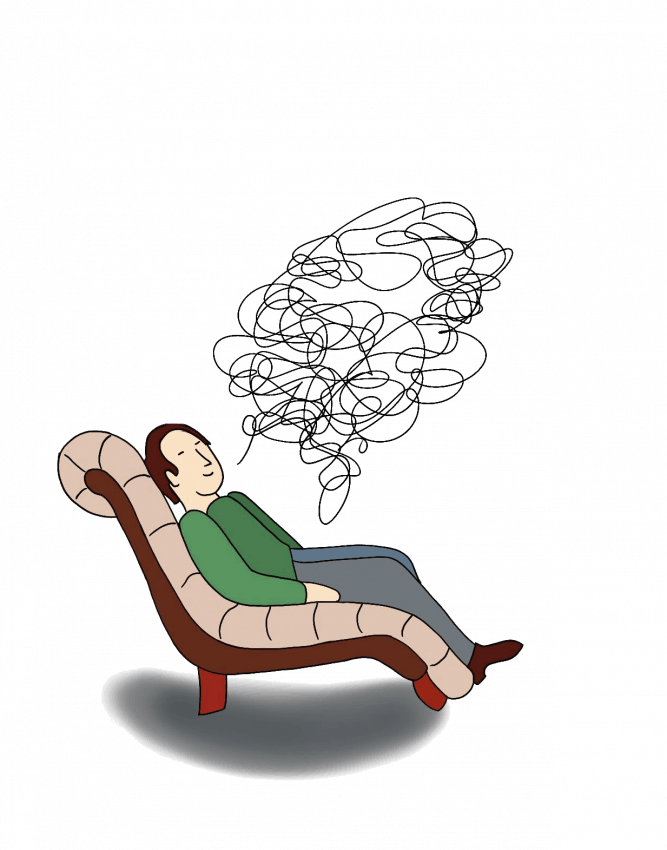
In a recent article on mental health in Saskatchewan universities, CBC indicated that students are increasingly reporting distress that exceeds this population growth. Mental health is an issue that needs to be addressed by these institutions and soon.
The article also notes that the mental health issues challenging today’s student body are different from those of the past, with factors such as politics, social media and busier schedules to blame. Because the set of challenges we face today are different from those of the past, it’s natural that the solutions should be suited to our specific set of needs as well.
But where do these solutions come from? How do we decide which are the most worthwhile and which aren’t? Questions like these may seem complicated, but they lead to opportunities for improvement.
A vital component for progress is to assess the issue from multiple angles, particularly how classes are being delivered. The way that subjects are being taught is not from a viewpoint that heavily considers students’ mental health.
While this is not a one-size-fits-all solution, one approach that can minimize the stress that erodes our mental health is for faculty and students to create realistic plans for success. If a student isn’t doing well, it may seem logical to have them do more problems or spend extra time focusing on the difficult area.
However, it’s a tremendous effort for most students to even add an extra block into their calendar. This additional work may cause undue stress and anxiety in students that are already struggling with their mental health.
Students should not have to choose between their mental health or their studies. I plan out my day and all of a sudden, I have to pull an extra three hours out of thin air because I couldn’t demonstrate my understanding of a subject. Of course, we must work hard to overcome challenges, but emphasising students’ strengths — rather than focusing on their weaknesses — is a more effective motivator.
Effective communication and feedback between faculty and students on topics like mental health can have incredibly beneficial results, especially when this feedback is implemented by both parties. Although it may not seem like it, most profs want you to succeed.
When students come to university, they often do so with hopes of a brighter future while obtaining a good degree. Many of us are studying towards degrees in subjects that spark an interest in us, a passion that we’re looking to use in a field where we can contribute our skills.
But sometimes we are overwhelmed with the pressure to succeed, and destructive habits may occur as a result of students that have to choose schoolwork over well-being.
Passion seems motivating enough on its own, but when schoolwork, jobs, volunteering, extracurriculars — and a plethora of other responsibilities and commitments are added to the equation — the weight simply becomes too much to bear
If a university environment encourages students to do well academically while having time to do things they love, students will develop healthy habits that teach them that life is more than exams and deadlines and may lessen the pressure faced by students.
At the end of the day, a university’s ultimate goal is to shape nervous and lost first years into professionals that can make the world a better place. This is achievable if we help students meet their personal goals and succeed while focusing on the unique mental health needs of our campus community.
If we structure our curriculum and exams in a way that is deeply considerate of our current set of challenges, we are already one step closer to being the university the world needs.
—
Fiza Baloch
Graphic: Samantha Langer
Leave a Reply